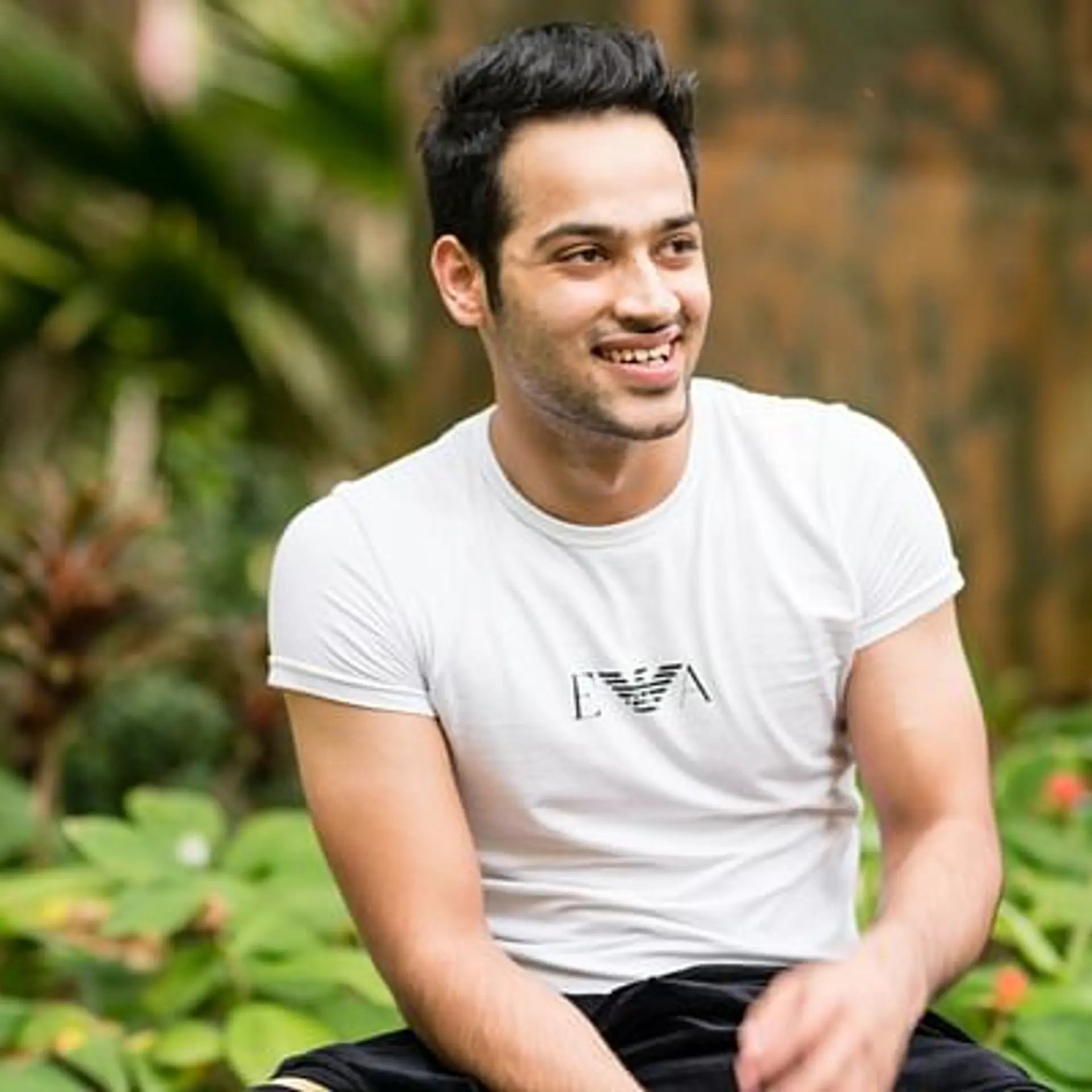Top 20 SMB stories of 2019 to inspire the entrepreneur in you
As 2019 nears its end, small and large businesses alike are looking for a brighter 2020. Here are this year's top success stories that spotlight some of India's most-hardworking and determined entrepreneurs.

As 2019 nears its end, small and large businesses alike are looking to reach greater heights in 2020. And working towards it.
We launched SMBStory in 2018 to tell stories of grit, perseverance, and the determination to succeed against all odds.This year, SMBStory has emerged as the leading digital media platform for such stories on small businesses. Here are our most amazing and impactful stories of 2019 that readers simply couldn't get enough of:
Think Tree Media

Think Tree Media Co-founders Mayur Tekwani (left), Lanwin Pais (middle), and Hugh Loren (right).
Mayur Tekwani and his St. Joseph’s College of Commerce batchmate Lanwin Pais worked full-time jobs at a family textile business and Amazon respectively, before they decided to quit to start their own business. The duo, along with freelance designer Hugh Loren, started digital marketing and production business Think Tree Media in 2015, and began organising programmes, marketing campaigns, events, handling artist management, and more.
Think Tree doesn’t have a CEO, and with the three at the helm, the business grew to a team of 27 and moved into a 5,000 square foot office in Benson Town in Bengaluru. “We landed over 50 clients across India. Since 2015, we have made over Rs 10 crore. In 2019-20, we are on track to make Rs 3 crore revenue,” Mayur told SMBStory.
Think Tree has not limited itself to digital marketing and production services in F&B; it has a range of clients from other sectors too, Lanwin claims.
Heritage Foods

Former Chief Minister of Andhra Pradesh Nara Chandrababu Naidu, hailing from the dairy-rich district of Chittoor, comes from a farming background. He saw issues such as farmer payments, transportation, and marketability of milk products were growing in the region's dairy sector.
This inspired him to start Heritage Foods in 1992. He retained the tenets of the Amul model that were working, such as eliminating middlemen, procuring milk directly from farmers, paying them well, processing the milk, and selling it to end consumers.
The Rs 2,482-crore company now claims a significant presence in Andhra Pradesh, Telangana, Karnataka, Kerala, Tamil Nadu, Maharashtra, Odisha, NCR Delhi, Haryana, Rajasthan, Punjab, Uttar Pradesh, Gujarat, Uttarakhand, and Himachal Pradesh.
Rubans Accessories

Chinu Kala, Founder of Rubans Accessories.
Chinu Kala was 15 years old when she fled her home in Mumbai due to issues in the family. The young girl was then staring at a bleak and uncertain future. "When I left, I didn’t know what lay ahead of me. I could earn only Rs 20 a day selling knives and coasters door to door, and people used to slam the door on my face. But I had determination and knew there was no substitute for hard work,” Chinu says.
Struggling hard to make it on her own, Chinu had to survive on one meal a day. But the teen had big dreams in her head and stars in her eyes. This propelled her to never give up, even when things seemed hopeless. In 2014, she started Rubans Accessories by combining her love for fashion and experience of corporate merchandising.
Rubans Accessories was started with a bootstrapped capital of Rs 3 lakh in a 70 square feet kiosk in Phoenix Mall, Bengaluru. In 2019, within a span of five years, she led the company to a turnover of Rs 7.5 crore.
Triveni Chikan Arts

Nitesh Agarwal
Hailing from a middle-class family, Lucknow-based Nitesh decided to get into the Chikankari business when he was just 19 year old. He says he studied only till high school and stopped his education because of financial difficulties at home.
In order to earn a living, Nitesh established Triveni Chikan Arts in 2011 in Lucknow. The 32-year-old says his aim is to take the 400-year-old Lucknowi Chikankari art form to the connoisseurs of the finest embroidery products throughout the globe.
The company deals in the manufacturing and export of hand embroidered Chikankari kurtas, tunics, sarees, men’s kurtas, women’s suits, lehengas, and other handicrafts and apparels. Nitesh says the business was started with an initial investment of Rs 13,000 and now has an annual turnover of around Rs 3 crore.
Suxus
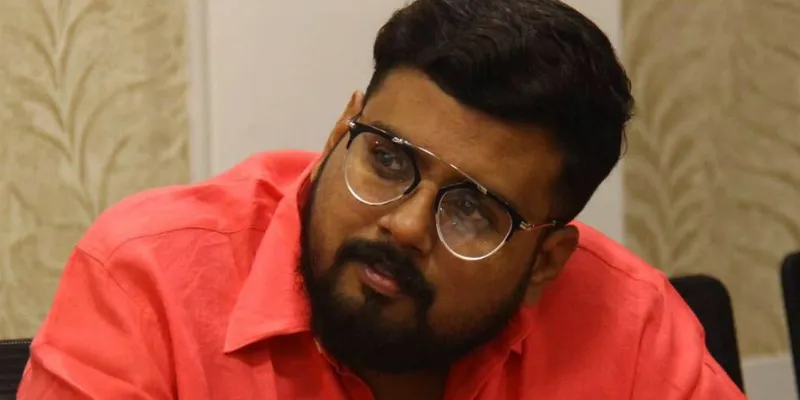
Faizal Ahamed, Founder, Suxus
Thirty-two-year-old Faizal Ahamed CM is a third-generation entrepreneur from Madurai, Tamil Nadu. While he was studying BCom, he was pushed into starting a business to recover a debt that his father had taken for his business.
He started the business Suxus with a borrowed capital of Rs 5 lakh. But Faizal was on the brink of bankruptcy in 2011 when he lost upwards of Rs 1 crore. After fighting the odds and bouncing back, today he has six showrooms in Tamil Nadu and plans to have 420 more by 2030.
Inc. 5

Almas Nanda, Founder, Inc.5 and Amin Virji, Managing Director, Inc.5
Almas Nanda found the 'style vs comfort' debate for footwear troubling, and wanted to have both: plenty of style with oodles of comfort. In 1998, when she was 24 years old, she started Inc.5 to provide women with stylish footwear that did not compromise on comfort.
Together with her brother, Amin Virji, who is the Managing Director of Inc.5, they started from one store in Heera Panna Shopping Centre in Mumbai and took the brand to Rs 163 crore turnover and presence across 54 exclusive stores across India.
Inc.5 shoes are found in 300 stores across India. On the distribution channel, Amin says that the company doesn’t have any distributors because they want to keep the control within the company. Inc.5 footwear collection is also listed on ecommerce portals like Amazon, Flipkart, Myntra, and Jabong, but 95 percent of their sales happen at offline stores.
Transasia BioMedicals
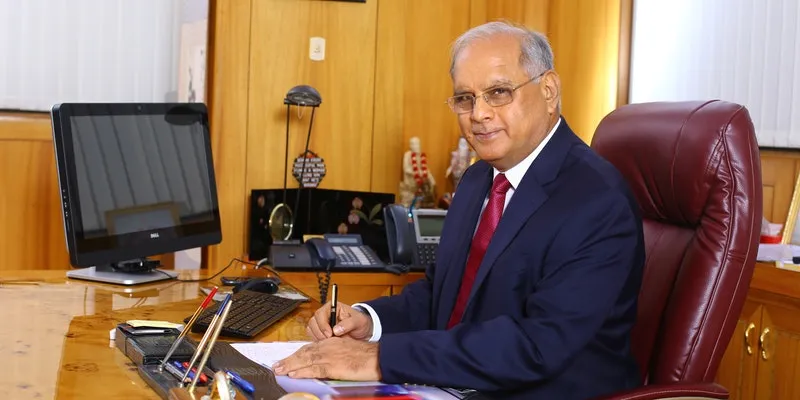
Suresh Vazirani, Founder, Chairman, and Managing Director Transasia BioMedicals
An incident at a hospital set a young Suresh Vazirani on an unexpected path to becoming a healthcare entrepreneur. Suresh tells SMBStory: "At the hospital, the imported dialysis machine broke down and the service engineer was unavailable. Since I was a graduate in electrical engineering, I worked on the machine and made it functional at the right moment."
This incident made him think of the lives lost each day due to a lack of technical service for medical devices. This inspired him to start Transasia BioMedicals in Mumbai in 1979. Suresh says he started In Vitro Diagnostics (IVD) company Transasia with Rs 250 from his own pocket and Rs 1 lakh that he borrowed from a friend.
Over the years, Transasia has grown into a Rs 1,000 crore company that offers products and solutions in biochemistry, hematology, coagulation, ESR, immunology, urinalysis, critical care, diabetes management, microbiology, and molecular diagnostics.
Johnny Hot Dog

Vijay SIngh Rathore, Founder, Johnny Hot Dog. (Image credits: Mukti Masih)
For Indore entrepreneur Vijay Singh Rathore, who slogged it out over a hot stove for the past 50 years, being called on the stage to receive a cool award in Hong Kong was actually a bigger roast. Vijay Singh received the award for the most ordered dish on UberEats in all of the Asia-Pacific region.
His dish -- a vegetarian hot dog -- beats the likes of McDonald's, KFC, and other global brands to win the award. But for Vijay, it was never the intention of making big bucks that prompted him to start Johnny Hot Dog in the first place.
Even as a mere eight-year-old boy, he helped around the canteen of the Government Engineering College (SGSITS) in Indore to make some money by serving tea and snacks to the students. Today, Vijay Singh's Johnny Hot Dog clocks annual revenue of Rs 3 crore, a significant jump from just Rs 500 in annual revenue in 1978, when he first started.
Retas Enviro Solutions
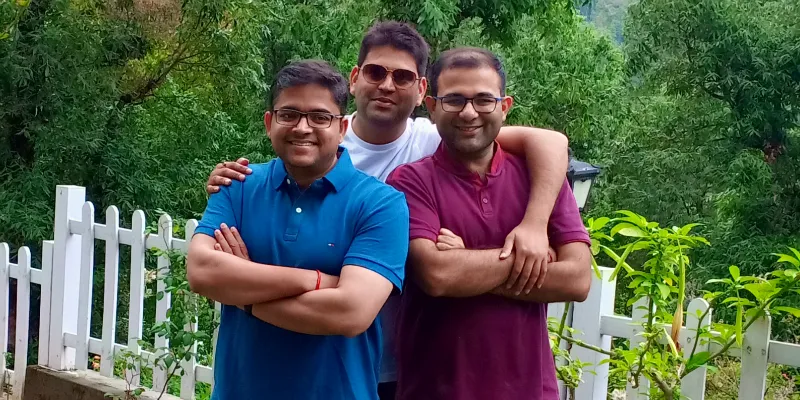
Retas founders Neeraj Chauhan (left), Priyank Jain (centre) and Ankit Magan (right)
One day in 2016, three MBA friends got stuck in a relentless shower of rain in Gurugram. Ankit Magan, Priyank Jain, and Neeraj Chauhan were there for some work, and had to wait more than 45 minutes for the rain to stop. The rain led to waterlogged roads and choked drainage systems.
They decided they must do something to preserve rainwater. Six months later, in December 2016, they left their jobs and started Retas Enviro Solutions in New Delhi to design, manufacture, and install water tanks and modular rainwater harvesting systems. In just two years, Retas has started servicing large clients such as TATA Steel, Reckitt Benckiser, SIEMENS, Hi-Tech Gears, HPCL, Government of Delhi, Government of Uttarakhand, and more.
Kimirica Hunter

Rajat Jain and Mohit Jain, Founders, Kimirica
When brothers Rajat Jain (34) and Mohit Jain (31) launched Kimirica in Indore in 2013, they were working out of a small, 100 square feet room. The duo also had bad debts, and faced a huge cash crunch. Little did they know that Kimirica would overcome these insurmountable odds to become India’s largest manufacturer of luxury hotel toiletries and guest room amenities.
Kimirica Hunter is now worth Rs 300 crore, and records a turnover of around Rs 90 crore. It also serves a large number of international hotel chains such as Marriott, Starwood, Hilton, Jumeirah, Hyatt, Sofitel, Pullman, and an array of independent luxury hotels.
Burger Singh

Kabir Jeet Singh, Founder & CEO, Burger Singh
It was difficult for Kabir Jeet Singh to make ends meet when he was pursuing his MBA at the Birmingham Business School in 2007. And, what does a desi do in pardes to meet his needs? After his classes in the morning, he worked at a burger outlet on the night shift. This set him on the road to making his own burgers with an Indian twist.
He soon earned the moniker ‘Burger Singh’, and came back to India to open the first Burger Singh outlet in Gurugram in 2014, with an investment of Rs 30 lakh. Today, Burger Singh has 28 outlets, of which 20 are in Delhi/NCR, one in Pune, two in Dehradun, and two in Jaipur. The food chain has three franchises, including one in Nagpur and two in London. Burger Singh records an annual turnover of Rs 26 crore.
Kaleyra

Aniketh Jain, Managing Director, Cloud, Kaleyra
Kaleyra’s India story began when Aniketh Jain and Ashish Agarwal finished a computer applications course in Bengaluru in 2009. Recalling their college project for sending messages to parents about the academic results of their children, they were inspired to start their own business. In the same year, they set up Solutions Infini in Bengaluru with a bootstrapped amount of Rs 4 lakh.
The new and improved avatar of an Italian IT and telecom services provider, Kaleyra was christened in 2016 after it acquired a majority stake in Solutions Infini. Today, Kaleyra empowers enterprises to add real-time communication features to their applications. Its revenue stands at around Rs 693.6 crore. Its impressive clientele comprises Amazon, Ola, Flipkart, AirAsia, Zomato, Cure.fit, Practo, and more.
Killer Jeans
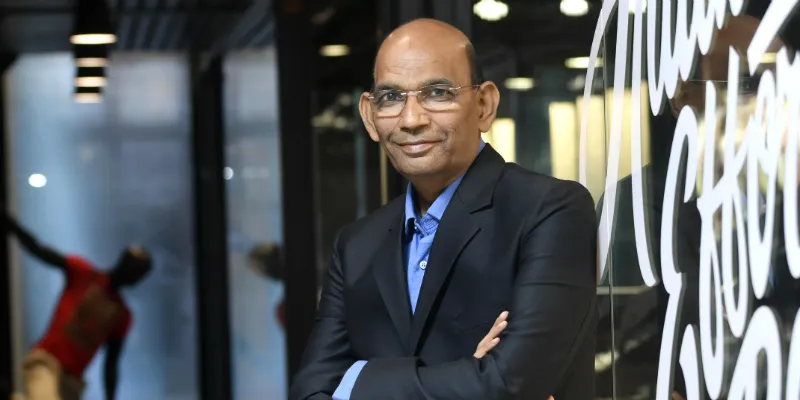
Kewalchand Jain, Chairman and MD, KKCL
Back in 1989, Mumbai-based businessman Kewalchand Jain decided to take a gamble on denim. At that time, he was running his family’s garment business and wanted to start making jeans. Kewalchand told himself he wanted to build an Indian denim brand and make Indians proud of wearing these jeans. This was the inspiration behind Killer Jeans.
Selecting the name to represent the rebellious nature of youth, Kewalchand launched the brand despite anticipating heavy competition from international brands Levi's, Pepe Jeans, and Wrangler. Killer Jeans and parent company KKCL are now present across 209 cities and towns in 25 Indian states. It operates through 336 stores, either owned or through franchise business.
The Fashion Factory
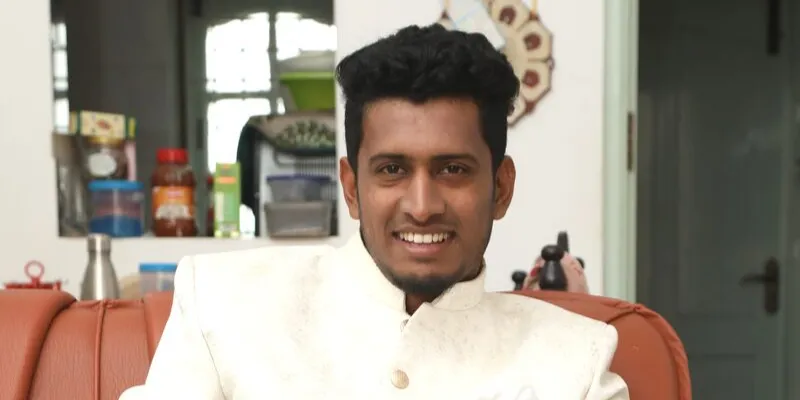
Zubair Rahman, Founder, The Fashion Factory
Engineering graduate Zubair Rahman worked as a CCTV operator in Tirupur, Tamil Nadu, when he got a request to install CCTVs in the office of an ecommerce company. When he learned how the company made money by selling online, the idea of ecommerce appealed to Zubair. He didn’t have to invest heavily in manufacturing if he started an ecommerce marketplace.
Zubair realised textiles were the best products he could source from Tirupur. He quit his job and in 2015, invested just Rs 10,000 to start The Fashion Factory in his home. Zubair’s strategy for selling kids apparel in combo packs worked so well that The Fashion Factory now receives 200 to 300 orders per day. By fulfilling these orders, Zubair’s company rakes in around Rs 50 lakh revenue each month, he claims.
Kesar International
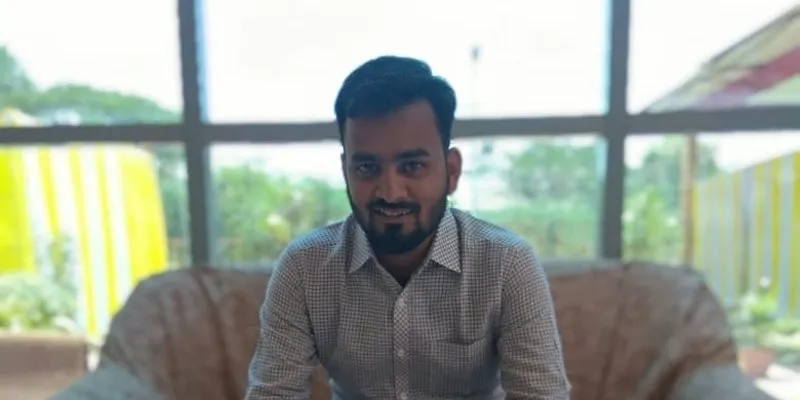
Amit Chopra, Founder, Kesar International
In his early 20s, Bengaluru-based chartered accountant Amit Chopra was frequently jumping jobs. Having worked at a number of MNCs, he felt he wanted to quit and start his own business. "I wanted to be in an industry which wouldn’t slow down or stop. Upon research, I saw that steel was a huge sector in India which was steadily growing," he says.
When he was 25, he quit his job and invested Rs 30 lakh from his personal savings and family into starting Kesar International in Bengaluru in 2018. The company’s objective is to source steel from other states, get it processed into steel products by rolling mills near Bengaluru, and sell the finished steel products to local clients. Amit’s asset-light strategy worked wonders. In its first year, Kesar International landed big clients like Prestige and Sobha, and recorded a revenue of Rs 10 crore.
Bare Anatomy

Rohit Chawla, Co-founder, Bare Anatomy
After exiting as one of the co-founders of The Man Company, Rohit Chawla’s visionary plan to launch a haircare brand that aligned with people’s need saw him scale.
“While building The Man Company, I gained enough experience in the personal care market. It was surprising to observe that (after) all these years, we have been using common products despite them not being suitable for us; especially shampoos and conditioners,” says second time startup entrepreneur Rohit Chawla.
As each person’s skin varies, so does the hair profile. So, to cater to people with a customised haircare solution corresponding to their hair type, texture and environment, Rohit struck upon an ingenious idea - Bare Anatomy. Bare Anatomy was incorporated in 2018 and the first product was sold in March 2019. In the span of nine months, the company claims it has seen a 10X growth hitting 20,000 customers.
RK Jewellers

Rohan Sharma (right), Managing Director, RK Jewellers, with Kiara Advani (centre) and Prakshi Sharma.
Rakesh Sharma and his wife Sunita founded RK Jewellers in Delhi in 1995 to serve customers with the best gold and diamond jewellery designs in the market. In 2011, the second generation, comprising their children Rohan and Prakshi, stepped in and decided to build on top of their parents’ achievements.
They wanted to transform RK Jewellers into a brand that offers aesthetic design collections, catering to an audience beyond India. At present, the brand caters to around 8,000 customers a year with gold and gemstone jewellery. It has also spread its wings to Dubai and the US market.
While the brand caters to women of all age groups, manufacturing diamond and polki jewellery, the brother-sister duo, in 2014, decided to corner the millennial segment with the launch of another label, Prakshi Fine Jewellery. It offers diamonds and gemstones jewellery designed to appeal to millennials.
Pragati Milk

Pradosh Kumar Rout, Founder, Pragati Milk
In 2008, Pradosh Kumar Rout was putting pen to paper to register his dairy company Pragati Milk. The Cuttack-based entrepreneur had one goal: tap into Odisha's unorganised dairy sector in order to bring it under a brand.
He launched Pragati Milk in the same year, and started procuring milk from dairy farmers at village collection points. The milk was then taken in insulated tankers to a processing plant. After chilling, pasteurisation, and packaging, the packets of milk then went into delivery vans that delivered the milk to a wide network of distributors.
Pragati continues to follow this approach in 2019. It's annual revenue of Rs 300 crore is telling of its growth into one of Odisha's most prominent dairy players (the company claims it is the largest in the state).
Sacred Salts
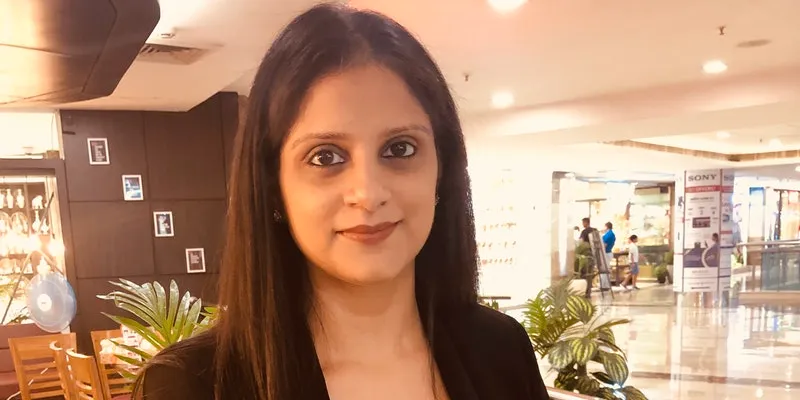
Chhavi Singh, Founder, Sacred Salts
Stepping into the diverse and competitive Ayurveda market is Chhavi Singh, who founded premium skincare brand Sacred Salts in 2018 in Gurugram. “I personally wanted to step into the Ayurvedic skincare industry. Though the industry is already brimming with many organic brands, I felt that I can add more value to the skincare segment, understanding the demand of the consumers, and delivering authentic products,” Chhavi says.
Sacred Salts was launched to bring lesser-known skin elixirs to the fore through products that are rich in nutrients and high on luxury. At present, the brand manufactures a total of 50 SKUs including skincare products and beauty and bath accessories. Sacred Salts is also a pioneer in launching milk facewash and scrub in India, and in just a year, has recorded an annual turnover of Rs 1 crore.
PostFold
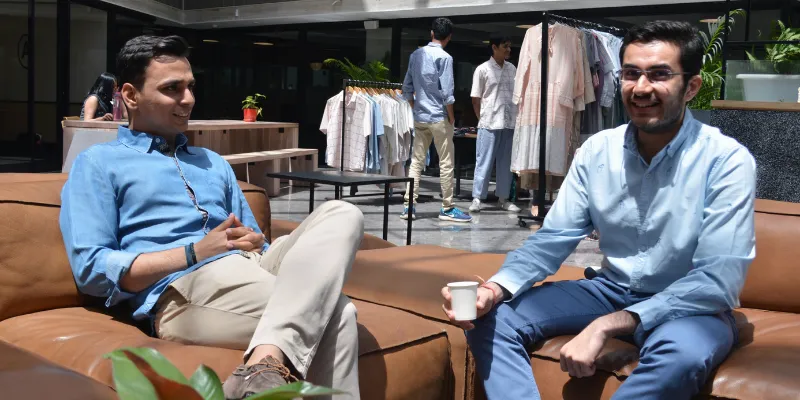
PostFold founders Ashish Gurnani (left) and Aashray Thatai (right)
PostFold Founders Ashish and Aashray met in the US in their hostel building. They soon became friends, and then roommates. Since they were in the US for a long period of time, their clothing requirements too changed. Ashish says, "We used to get a variety of options ranging from casuals, office wear to party outfits. But after seven years when we came back to India, we experienced a dent in the Indian apparel market and analysed that affordable apparel is low quality and quality apparel is excruciatingly high priced."
They also found out even if the fabric used is of higher quality, the price still does not justify the 10X mark-ups. "Hence, we came up with a business model where we manufacture and style apparel using high-quality fabrics and keep the fixed costs low, and curate clothes with experienced stylists so that we can suggest attire from ‘Desk to Dinner’. PostFold was founded with a bootstrapped capital of Rs 5 lakh. And last year, the startup recorded a turnover of Rs 1.6 crore," he says.






-with-the-team.png?mode=crop&crop=faces&ar=1%3A1&format=auto&w=1920&q=75)
